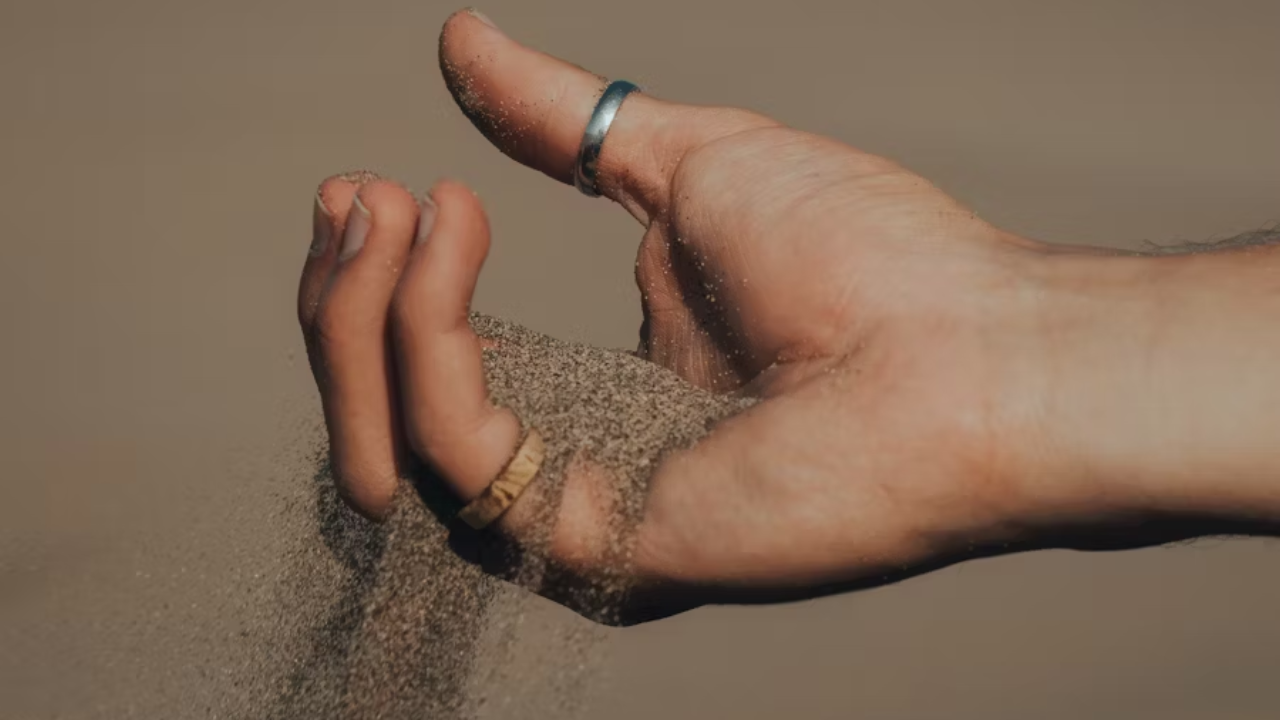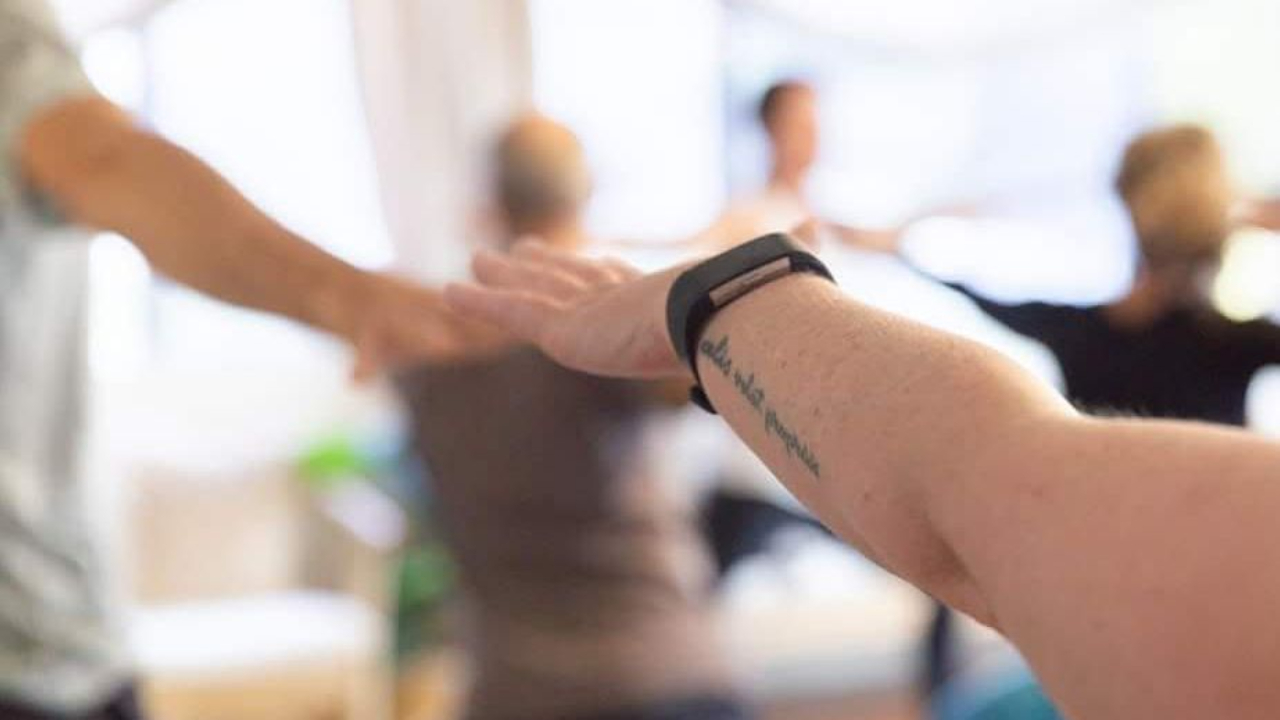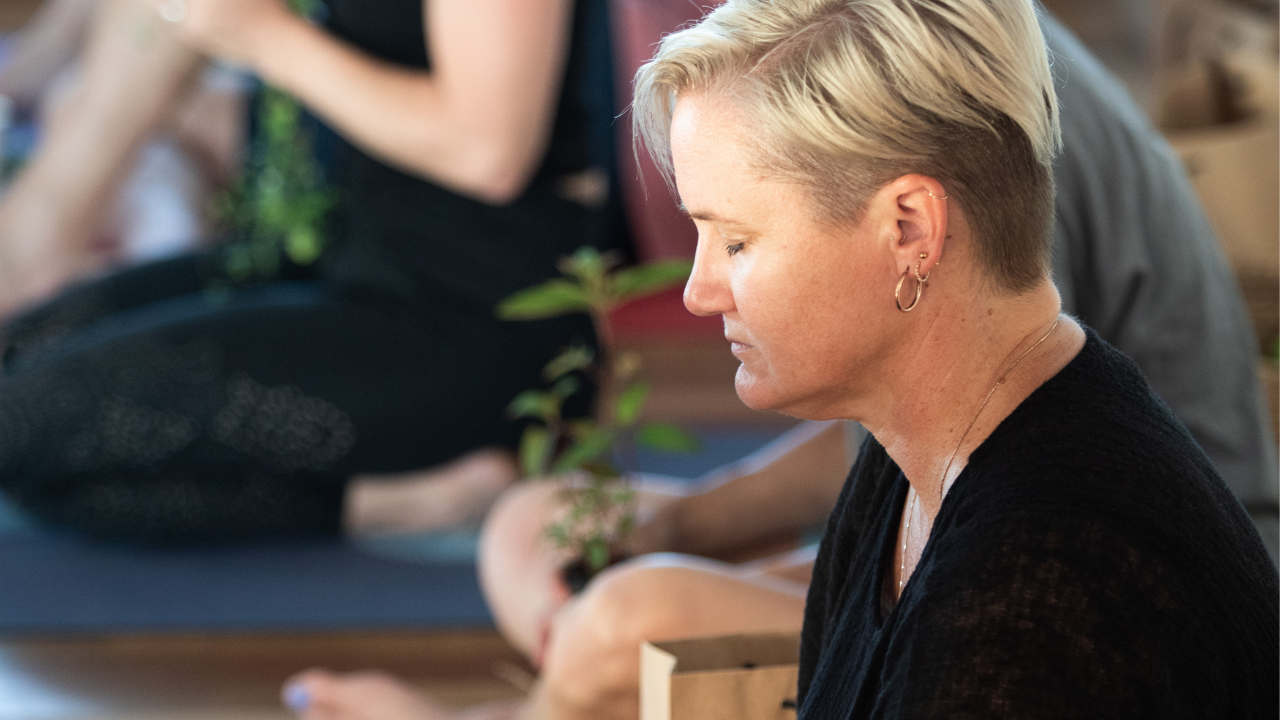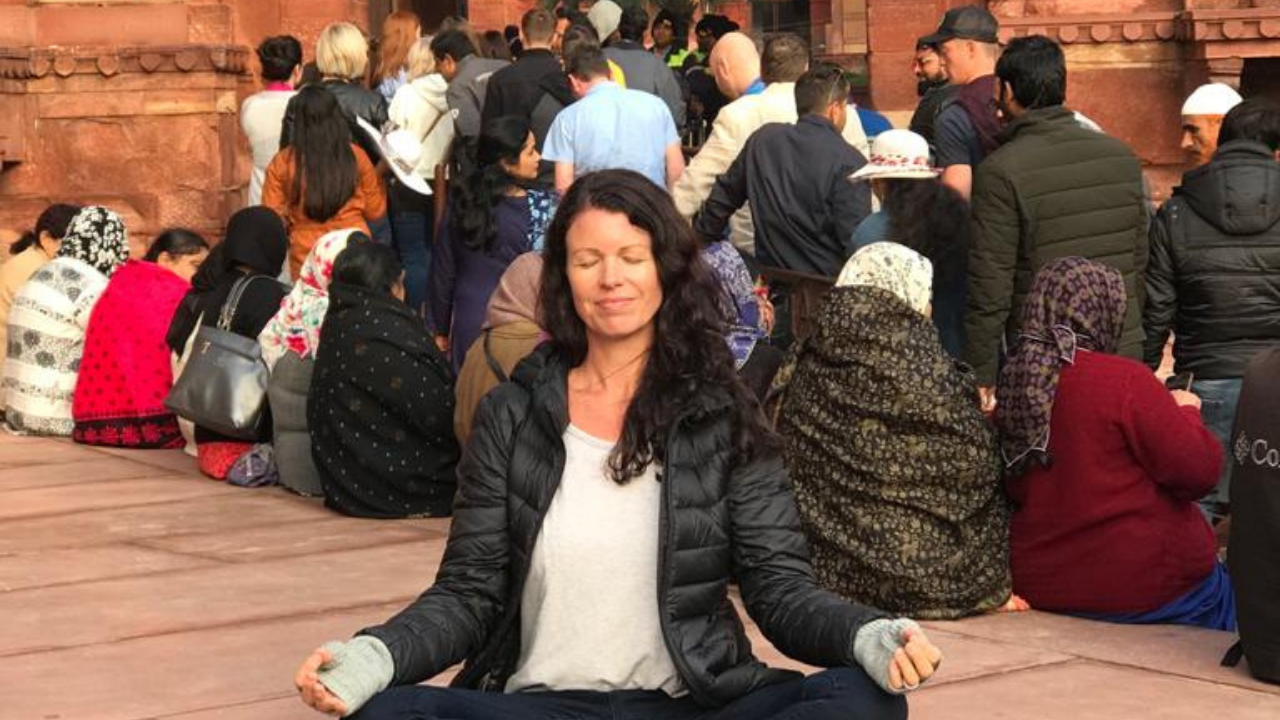Mindful Living
Articles to support you to live with Presence, Courage and Compassion.
Non-attachment: The Freedom of Letting Go

During her Yoga Teacher Training journey, Hannah uncovered how attachment was limiting her life—and freedom.
In this article, she shares her reflections on the Yama Aparigraha - non-attachment.
Thank you so much for being so open and willing to share your journey Hannah.
Big love,
Erin Lee
Lead Trainer & Founder
The Mindful Yoga School
A year on from beginning my Yoga Teacher Training, I remain struck by how much the Yama’s (ethical restraints) and Niyama’s (ethical observances) have transformed my life.
They’re the morals of the Yoga path that I thought I already knew - and lived by. But I now realise my view of them was superficial and too literal e.g. Ahimsa (non-violence) = be vegetarian; Asteya (non-stealing) = don’t steal from shops!
I’ve now come to see that the Yamas are far more complex, interwoven and subtle. While each has a unique role to play, contemplation of the Yama Aparigraha (non-attachment) has been the most impactful on my life.
Aparigraha means letting go o...
Beyond the Physical: What Yoga has taught me about Compassion

If your compassion does not include yourself, it is incomplete.
~ Jack Kornfield
When I decided to do the Yoga Teacher Training 200hr program with The Mindful Yoga School, my aim was to be physically strong as well as flexible. I guess I wanted to prove that if someone who wasn’t very fit could do yoga, then surely others could too - and I could show them.
Hence, I was very focused on the physical challenge and imagined I'd be pushing my body during the training program.
What I didn’t realise was how deep we would end up delving into the workings of the Self - beyond just the physical body.
During our explorations of the Koshas (the five layers of the Self) and the Eight Limbs of Yoga, I came to learn so much about compassion - or at least my awareness grew to realise when I was or wasn’t being compassionate.
I was thirteen when I first heard of Ahimsa. I was watching the 1982 documentary Gandhi. I remember Mahatma Gandhi's determined, but peaceful resistance to oppression. H...
Walking with the Divine: The Deeper Meaning of Brahmacharya in Yoga
In modern life, where overstimulation is the norm and burnout is common, brahmacharya invites a deeper inquiry into how we direct and honour our vital energy (prana) in daily life.
Rather than repressing desire, brahmacharya encourages conscious choice. Ultimately, brahmacharya is not about denial, but devotion - to what truly matters.
Brahma is the Sanskrit for God (in particular Creation God), and charya means path. Brahmacharya means to walk along the path of God - in other words walking with the divine.
Through the practice of brahmacharya we learn to release attachment to temporary sources of pleasure, in honour of unveiling a more potent power that leads to true contentment and genuine happiness.

https://www.clevelandart.org/art/2003.148
Francesco - one of our current Yoga Teacher Training 200hr program trainees - recently wrote an article on brahmacharya, which further articulates what this Yama is about . With his blessing, please read on!
Big love,
Erin Lee
Founder, The ...
Connections between Yoga and Christianity

Jo-Anne, a Yoga Teacher Trainee (now graduate!) wrote an article on Svadhyaya (self-study/study of the texts) during her 200hr studies or the Yoga Teacher Training 200hr program with The Mindful Yoga School.
She covers an important topic that often brings about separation: can you be Christian and practice yoga at the same time? Jo-Anne's approach in this article is with CONNECTION, as she realises crossovers of Christian and yogic philosophies through reading one of the provided books in the course, Light on Life by BKS Iyengar.
Thank you Jo-Anne for sharing this piece with us - see below for the full article.
Big love,
Erin Lee
Founder, The Mindful Yoga School
I have 'done' yoga for almost twenty years.
However I now realise that I have only just started to 'practice' yoga. Even then, my efforts are fledgling at best.
Until enrolling at The Mindful Yoga School, I had no understanding of the philosophy that sits behind the practice: the eight limbs, the Koshas and the connectio...
Five Reasons Why a Regular Meditation Practice Can Feel So Elusive

By Erin Lee, Founder of The Mindful Yoga School & Author, The Little Book of Big Intentions.
Meditation.
We already know how beneficial it is - if not from the plethora of evidence-based studies around now, then definitely through our own experience with it.
Why is it then, that so many of us experience a block with practicing it consistently?
Meditation is an ancient practice that dates back thousands of years (likely well in train before that too). It’s used to understand the workings of our own mind, through:
- Recognising and reducing the qualities that get in the way of concentration (single-pointed awareness); and
- Cultivating skilful qualities that promote concentration and insight.
Why do we want to promote concentration and insight?
Because it’s a pathway to liberating ourselves from all those obstacles that get in the way of a freer, lighter and happier life.
Simple, right?
Well….if you’re like the 99.9% of meditation students I spend time with - and even meditat...
Self-Compassion as a Practice of Ahimsa: Yoga Teacher Training Diaries

When Jane - a Yoga Teacher Trainee with The Mindful Yoga School (now graduate!) was asked to submit a paper on Ahimsa for the Yoga Teacher Training 200hr program, she wrote about 'minding my own business' as a practice of Self-Compassion.
Her message is one that I know will deeply resonate, because Compassion can easily slip into attachment IF we are motivated by wanting to fix or change something or someone. When attachment creeps in, we can find ourselves consumed with 'other peoples' business', and expecting a result. It can easily lead to resentment, disappointment and dependent (and toxic!) relationships.
Thank you Jane for sharing this piece with us - see below for the full article.
Big love,
Erin Lee
Founder, The Mindful Yoga School
The first Yama translates from Sanskrit as non-violence, but I prefer the meaning of Compassion.
I’d like to talk about Compassion for Self.

It’s only recently that I can see the full merit in questioning whose business I’m in in life. My bus...
Navigating A Changing World With Mindfulness

Change.
It has always been part of your life.
Right now there may be more of it around than usual. Yet you've navigated change before, and I know you can do it now too.
The biggest step in managing any kind of change smoothly is to NOTICE any resistance you have to it. This resistance part is what often gets missed. When it's missed, we become prone to regrettable reactivity, and unnecessary fear, anger and grief.
We come to navigate change when we can ACCEPT it has arrived.
This doesn't mean we have to like it. It's just that we first acknowledge that change has occurred.
It is what it is.
Any resistance to what is will feel constrictive. It might present in your body as tension or as shallow breathing, for example.
Resistance to change may also present in the form of a tense thought or judgement, or perhaps in the rising energy of an emotion like fear or anger.
Sometimes the first sign that we're in resistance to the change that's around, is noticing feedback from th...




